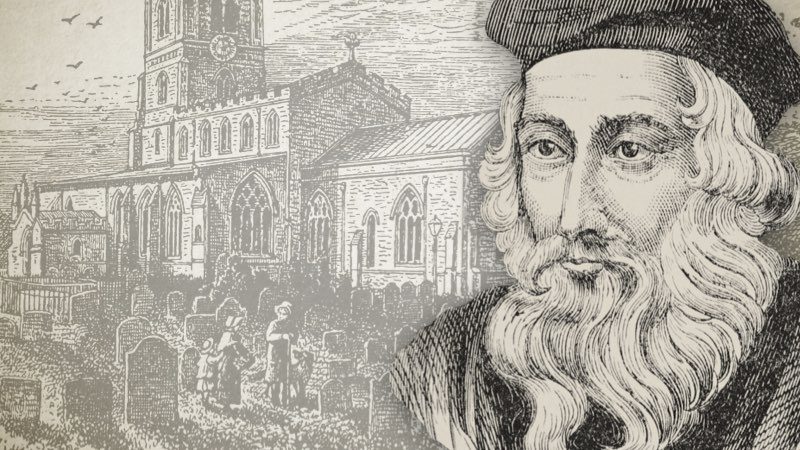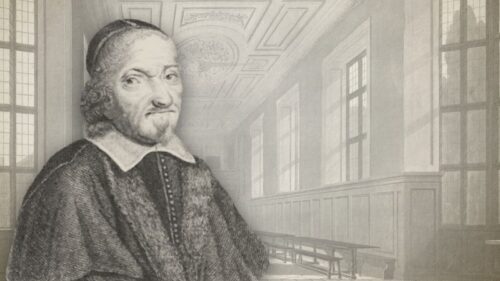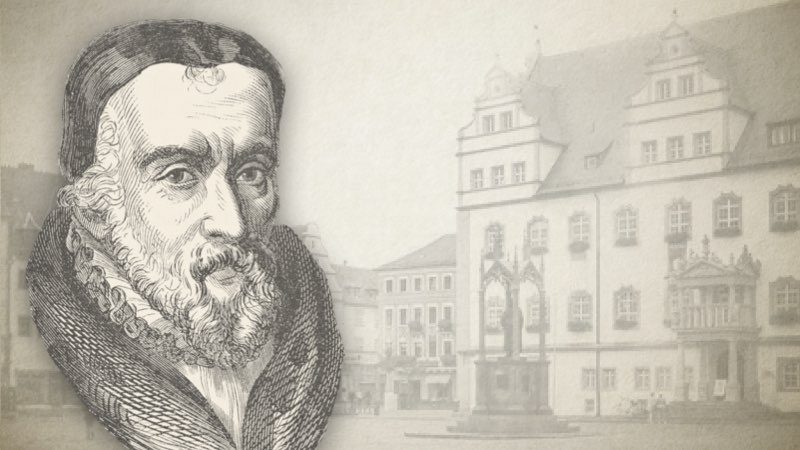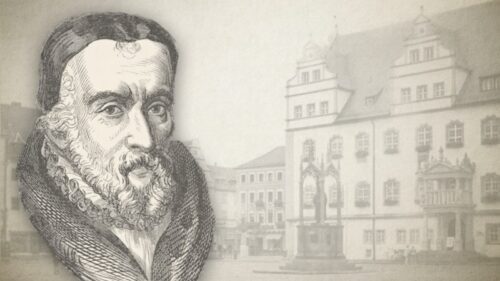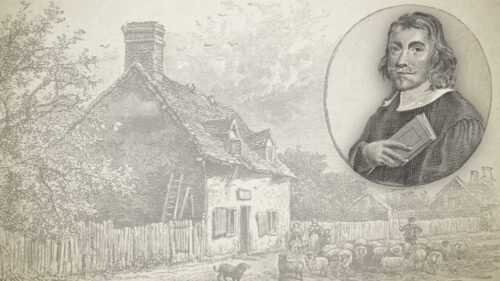-
The Life And Ministry Of John Wycliffe
John Wycliffe is rightly called the Morning Star of the Reformation. In God’s Providence, he was the man who inherited the apostolic gospel of salvation in Christ as described in the doctrines of grace. He was elected by God to build on the work of Englishmen such as Greathead and Bradwardine and pass it on to Continental men of God such as John Hus, Jerome of Prague and Martin Luther. Besides this, he laid the exegetical and spiritual foundation for the British Reformation. Indeed, one can say that, in God’s good plan for the sixteenth century Reformation of the Church, all roads lead to the life and works of John Wycliffe. As Wycliffe was more thorough-going than many of his reforming successors, it will benefit…
-
The Life And Testimony Of William Tyndale
William Tyndale, a faithful minister and martyr of Christ, memorable for having made the first translation of the Bible that was printed in English, was born on the borders of Wales, some time before the year 1500. He was brought up from a child in the University of Oxford, where, as he advanced in years, he increased in the knowledge of the learned languages. He applied himself especially to the study of the Holy Scriptures, which he read with a meek and humble spirit, and with prayer for heavenly wisdom to direct him. Nor was he satisfied to hide under a bushel the light which he received from them; for, while he was living in Magdalen Hall, he read private lectures in divinity to some…
-
The Life And Martyrdom Of William Tyndale
There is no history in the world so replete with heroes and heroic actions as the history of England. Our national records, present one continuous portrait gallery, hung with the most brilliant galaxy of noble and patriotic characters. These heroes may be divided into two classes—the world's heroes, and God's heroes. In the former class, we include those who have gained human esteem and favour, such as the military hero, who has earned his fame at the cannon's mouth; or the philanthropic hero, who, at great personal sacrifice, it may be, strives to ameliorate the condition of a part of the human race; or the political hero, who, at some crisis in our history, has skilfully guided our nation's helm. These men have gained the…
-
The Life And Ministry Of William Tyndale
Ken Connolly, “The Church In Transition”, Page 73: William Tyndale was actually born as William Hychyns, near the Welsh border in Gloustershire, in the year 1494. He later registered at Magdalen Hall in Oxford as William Hychyns. We know very little about his family, except that he had two brothers, John and Edward. Hychyns/Tyndale graduated with a Master's degree in 1515, and spent the next four years in Oxford. The very next year, Erasmus, who had previously spent three years lecturing at Oxford, published his Greek New Testament. Erasmus “Novium Instrumentum” began to take rival Cambridge by storm. The spiritual climate at Oxford was such that it would be another eight years before anyone would lecture from the Bible. Therefore, in 1519, William Tyndale decided…
-
83 Vulgate
VULGATE a very ancient translation of the Bible, and the only one acknowledged by the church of Rome to be authentic.
-
81 Septuagint
SEPTUAGINT The name given to a Greek version of the books of the Old Testament, from its being supposed to be the work of seventy-two Jews, who are usually called the seventy interpreters, because seventy is a round number. Aristobulus, who was a tutor to Ptolemy Physcon; Philo, who lived in our Saviour's time, and was contemporary with the apostles; and Josephus, speak of this translation as made by seventy-two interpreters, by the care of Demetrius Phalereus, in the reign of Ptolemy Philadelphus. All the Christian writers, during the first fifteen centuries of the Christian aera, have admitted this account of the Septuagint as an undoubted fact; but, since the reformation, critics have boldly called it in question. But whatever differences of opinion there have…

